Water Hackathon
by skullkey

This was amazing – despite it being freezing in the venue (Jacques even went home to get a small heater!), everyone stayed right to the end! During the day the teams worked amazingly well together – no prima donnas, egos etc. just good hacking 🙂
The venue was a stand in the exhibition hall of the African Utility Week (so very visible) and we had lots of people walking by asking what are we doing and why. I think some of them will never get it, but we made some good friends who will hopefully join us next year.
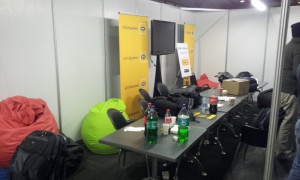
Prizes
MTN sponsored a Galaxy Note for the event and House4Hack pitched in with some gift vouchers for the winning team. We only approached Yusuf last week about this and he immediately said yes and then personally brought it to the event after only receiving it on the morning of the event.
Body shop sponsored a gift pack which was awarded to the hackathon personality of the day. ![]()
The Solutions
There were three teams, one for each challenge (see at the bottom of the post for the problem description). The challenge owner was on site to provide further details and guide the teams to a solution.
Map the poison – (https://github.com/house4hack/map-da-poizon) The solution was a combination of Open Data Kit (ODK) and Google Fusion tables. Field workers can capture data using Open Data Kit and visualize it in Google Fusion tables. These are extremely powerful tools and a great framework for future projects. The team consisted of Gerard, Jacques, Richard, Sean and Toby.
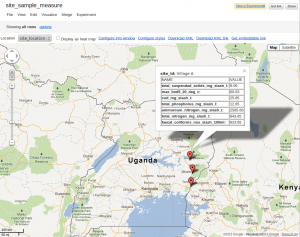
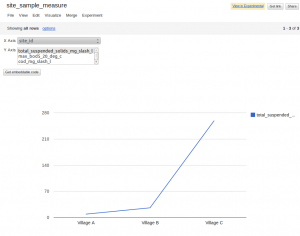
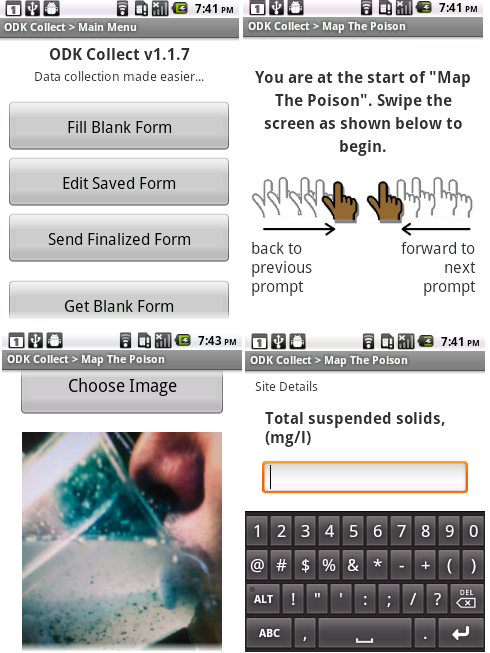
H2O Detective (winner) – (https://github.com/house4hack/h2o-detective) the solution used e-breadboard (http://sourceforge.net/projects/ebreadboard/) a framework developed by Enerweb DI and released as open source. Additionally, an Android app was developed for use by fieldworkers to identify and manage consumers with very water consumption using the geo-position of the field worker and historical water consumption patterns. The team was Marius Kruger, Lawrence Matjeni and Nathi Tshabalala.
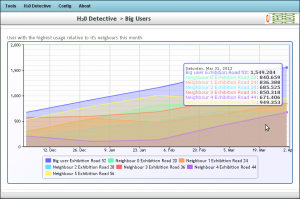
Open Pump Monitor – (https://github.com/house4hack/opm) the solution consisted of an open hardware (Arduino) monitor, connected to an inexpensive Android phone (Vodafone 858). The phone acts as data logger and sends the measured power quality to a server written in Clojure. From there SMS’s is sent via a commercial gateway and a series of reports can be drawn. The team was Mikkel, Tom, Jabu, Tobie and Schalk
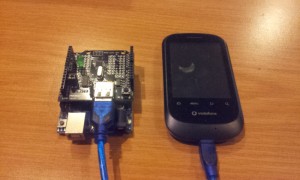
The Winners
The combined team from Sowertech and Enerweb with H2O detective won the hackathon! Nathi Tshabalala from Sowertech was picked as the winner of the Samsung Galaxy Note sponsored by MTN.
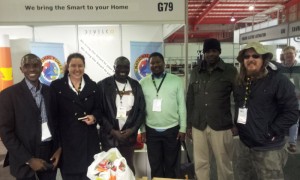
The hackathon personality prize sponsored by The Body Shop went to Toby Kurien:
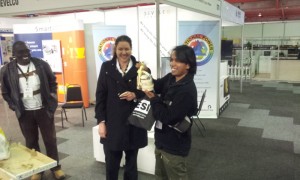
Random Hacks of Kindness
Work will continue on these projects at the RHoK global event to be held 2-3 June at UNISA –http://www.rhok.org/event/pretoria-south-africa-0
——————————————————————————————————
Water Hackathon Invite
Lack of safe water and adequate sanitation is the world’s single largest cause of illness, responsible for two million deaths a year. That’s four people every minute – most of them children.
House4Hack is helping Africa Utility Week (http://www.african-utility-week.com/water-expo/) to organize a 1 day water hackathon on Monday 21 May 2012.
Why you should attend
You are a social entrepreneur, innovator, open source developer, data scientist, designer (graphical, gui, industrial etc), open hardware enthusiast, project manager or all of the above.
You would like to make a difference.
You want to meet like-minded people and have fun.
Challenges
There are some really high impact challenges and here is a taste
Map the poison – This should be a web based application that will be used to map spots along a wetland system where poorly treated and potentially poisonous effluent is being discharged into the system.The program should be able to specify which kind of components of the toxic effluent are being discharged where. The problem is that in Africa, Leather tanning and other industries are still thriving while releasing poorly treated effluent directly into our wetland systems. The reason they go undetected is lacking a GPS system that will track these activities so that the culprits are apprehended and corrected. This would go far in solving this issue.
Power surge prompt – A system that alerts plant operator on duty through their mobile phone whenever there is low, high or fluctuating voltage that could cause damage to pumps, motors etc in the plant. Report to technical manager or supervisor daily indicating time, nature of occurence and action taken as well time of normalisation of system.
Water usage map – In order to help managers understand water use patterns and how they vary geographically, a mapping application (e.g. Google Earth app) could link water meter data with meter GPS co-ordinates. Such maps could inform decisions around planning and investment for areas with low consumption or connection density (often poorer neighbourhoods and marginalised communities). The ability to include additional demographic data would allow for richer analysis (http://www.sanmap.org/) for a taste of this type of visualisation. Overall, the ability to visualise this data on an interactive map would assist managers in their decision-making around demand management and distribution losses. They could even single out households with suspiciously high or low water usage (helping to fight leakage and corruption).
Where?
Expo Center in Johannesburg (http://www.african-utility-week.com/about-the-venue/venue-directions/)
Agenda
08h00 Registration and breakfast 09h30 Schedule and logistics announcements 10h00 Subject matter expert briefing 10h30 Begin coding 13h00 Lunch 13h30 Coding continued 14h30 Optional progress briefing, coding continued 18h00 Coding ends / Presenting solutions 19h00 Dinner / Judging / Prize giving 20h00 End (to be continued at RHoK on 2 – 3 June 2012)
Registration
Registration now open http://waterhackathon.eventbrite.com/
The event This was amazing – despite it being freezing in the venue (Jacques even went home to get a small heater!), everyone stayed right to the end! During the day the teams worked amazingly well together – no prima donnas, egos etc. just good hacking 🙂 The venue was a stand in the exhibition…
Get involved
Visit us on a Tuesday:
- Join us at 4 Burger Ave, Lyttleton Manor, Centurion every Tuesday evening from 18.00 till late (bring a project to work on or beer)
Telegram Group:
- Send a message to Schalk on Telegram to add you to the group - currently >100 users, relevant conversations for makers
IRL:
- Schalk 082 777 7098
After hours only, please rather send telegram message - Toby
http://tobykurien.com
- Not active at the moment, if you are interested in presenting a course, please let Schalk know



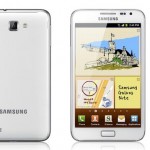
Comments